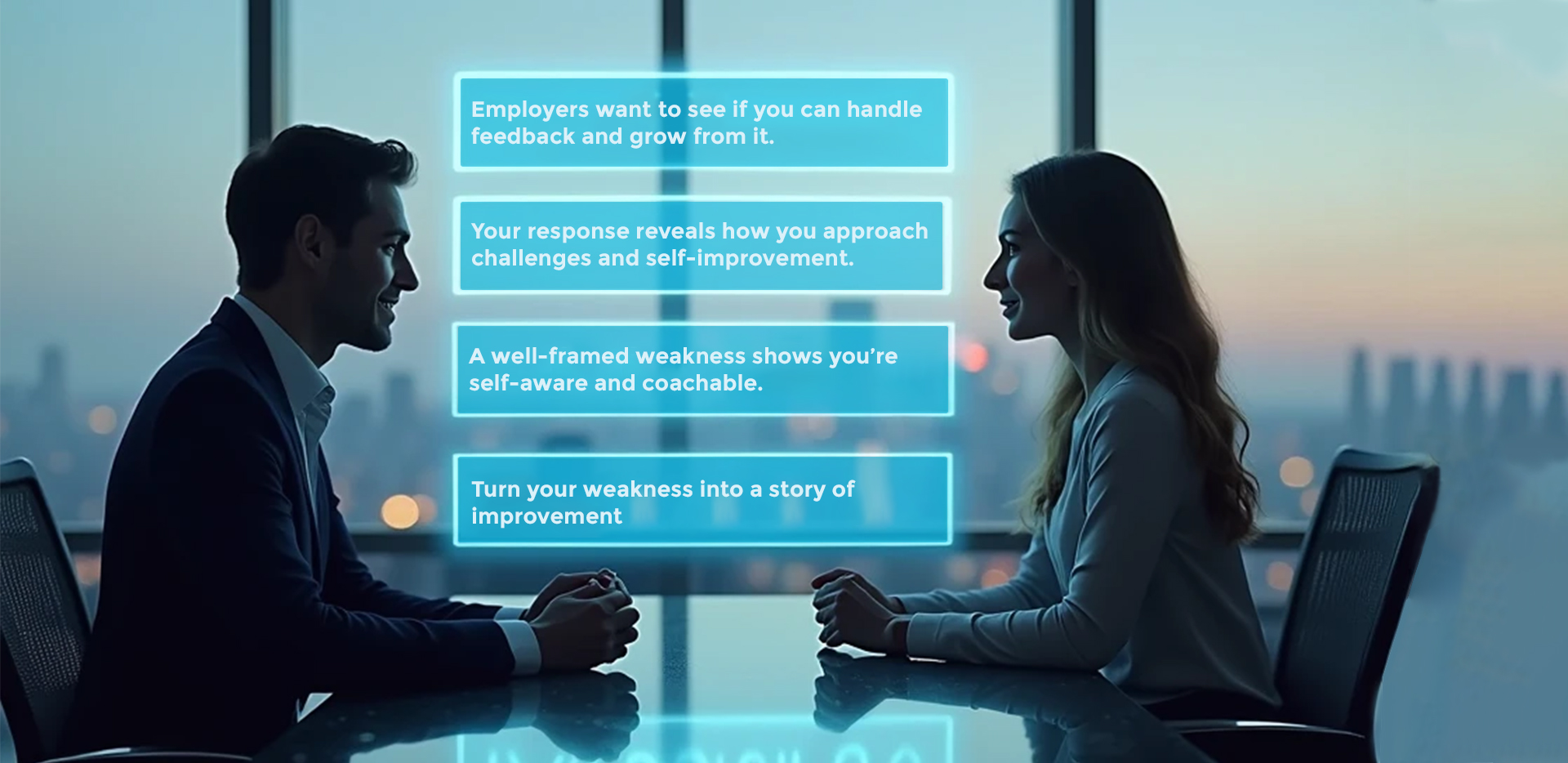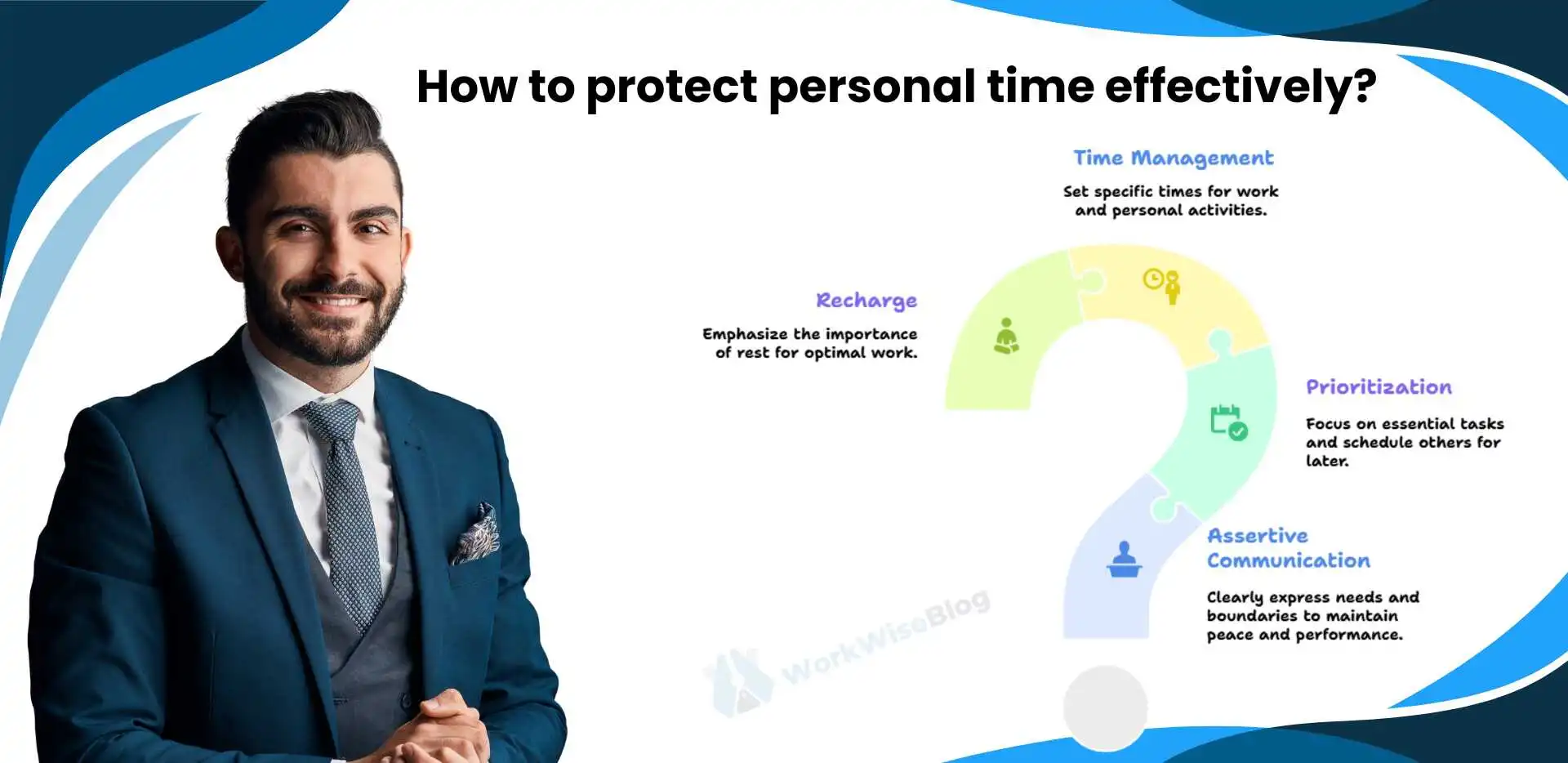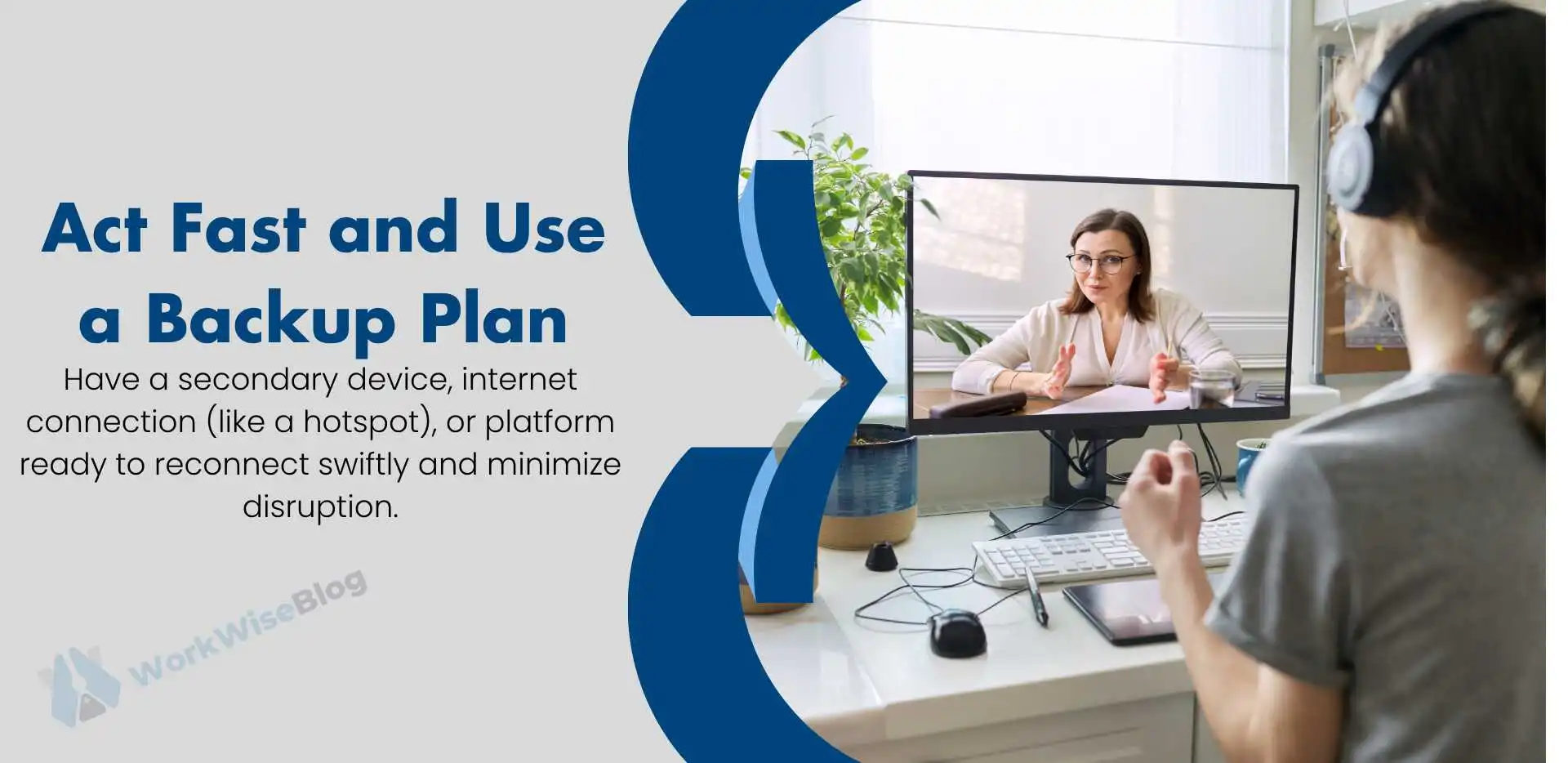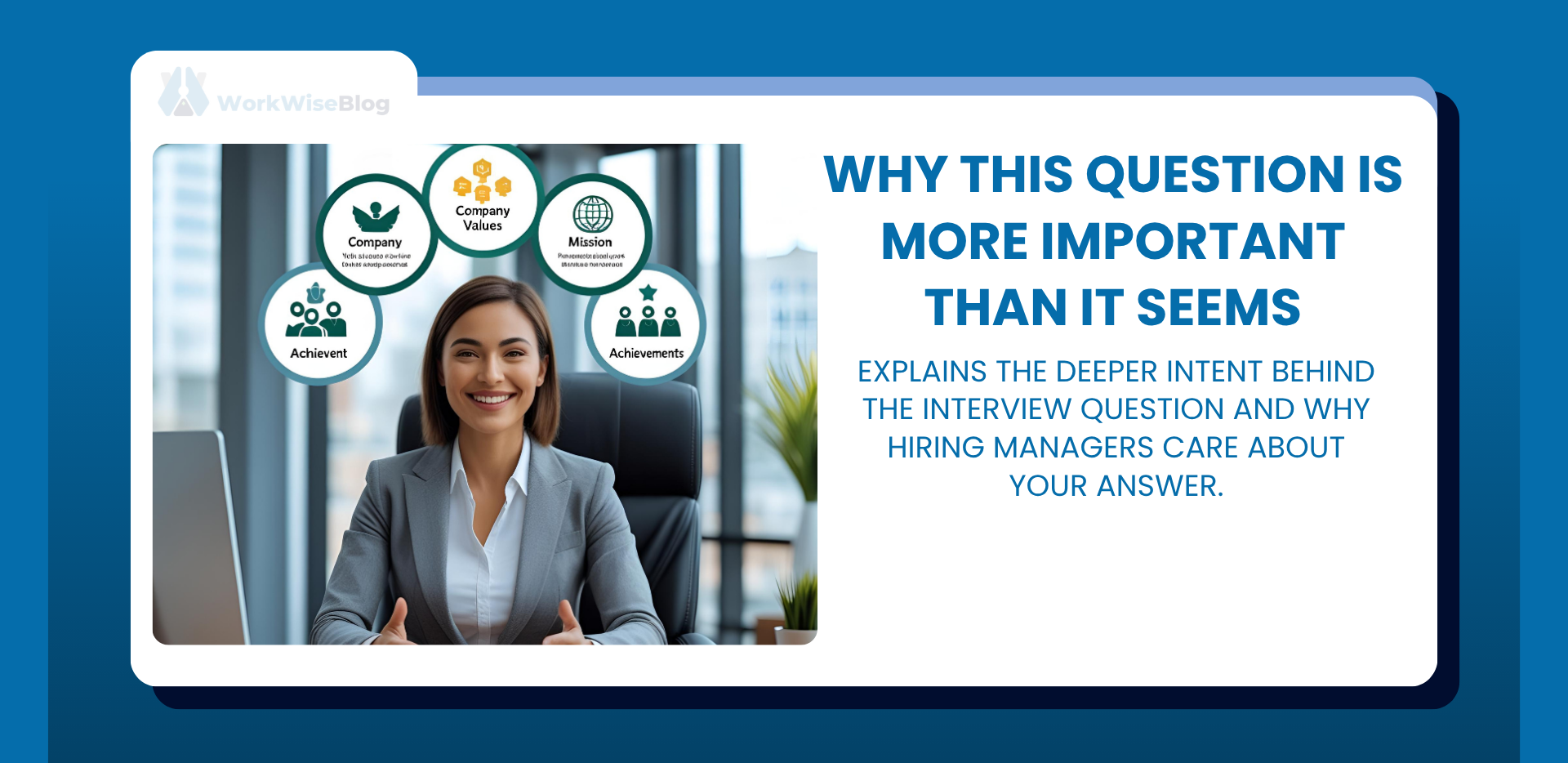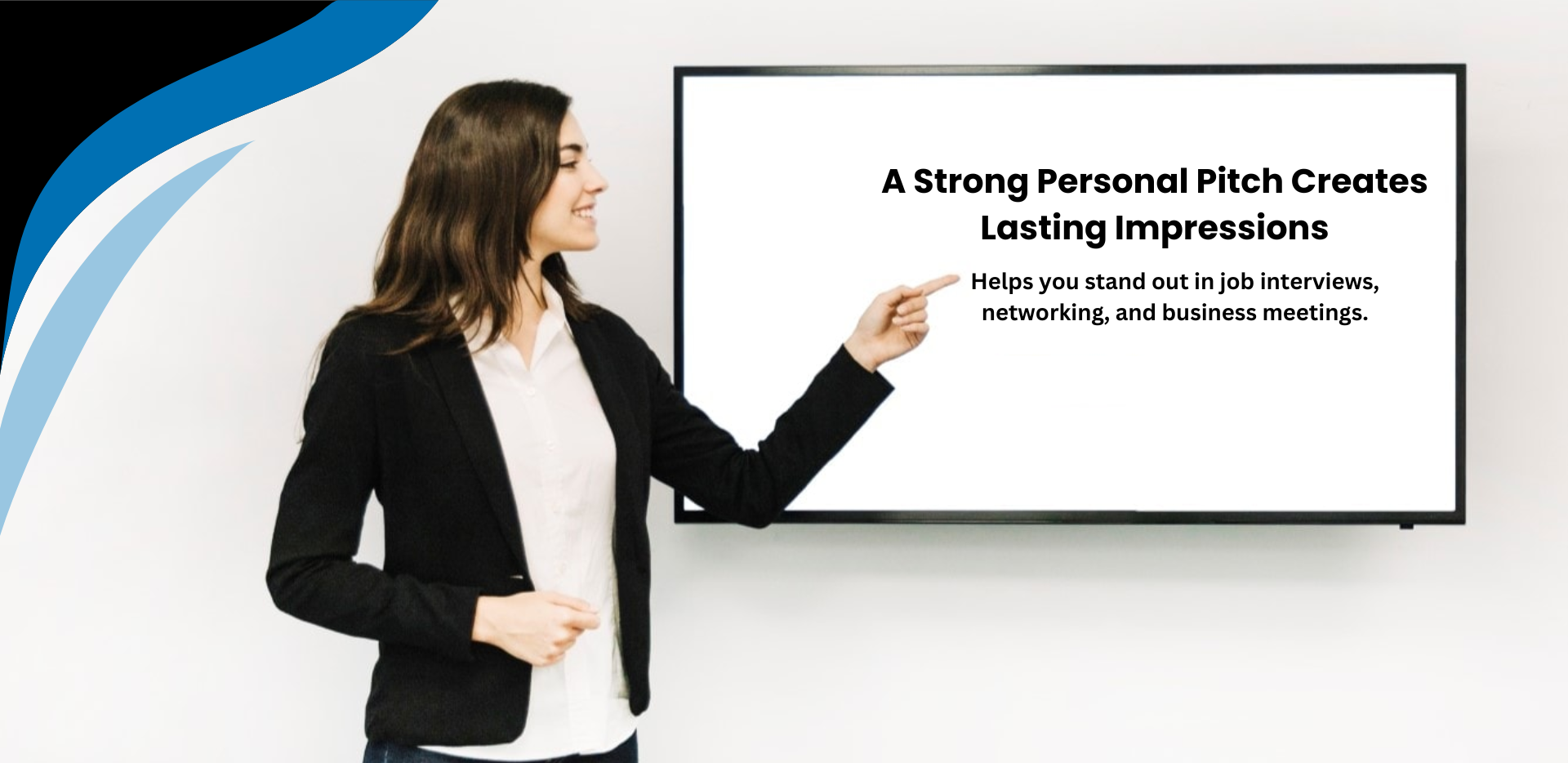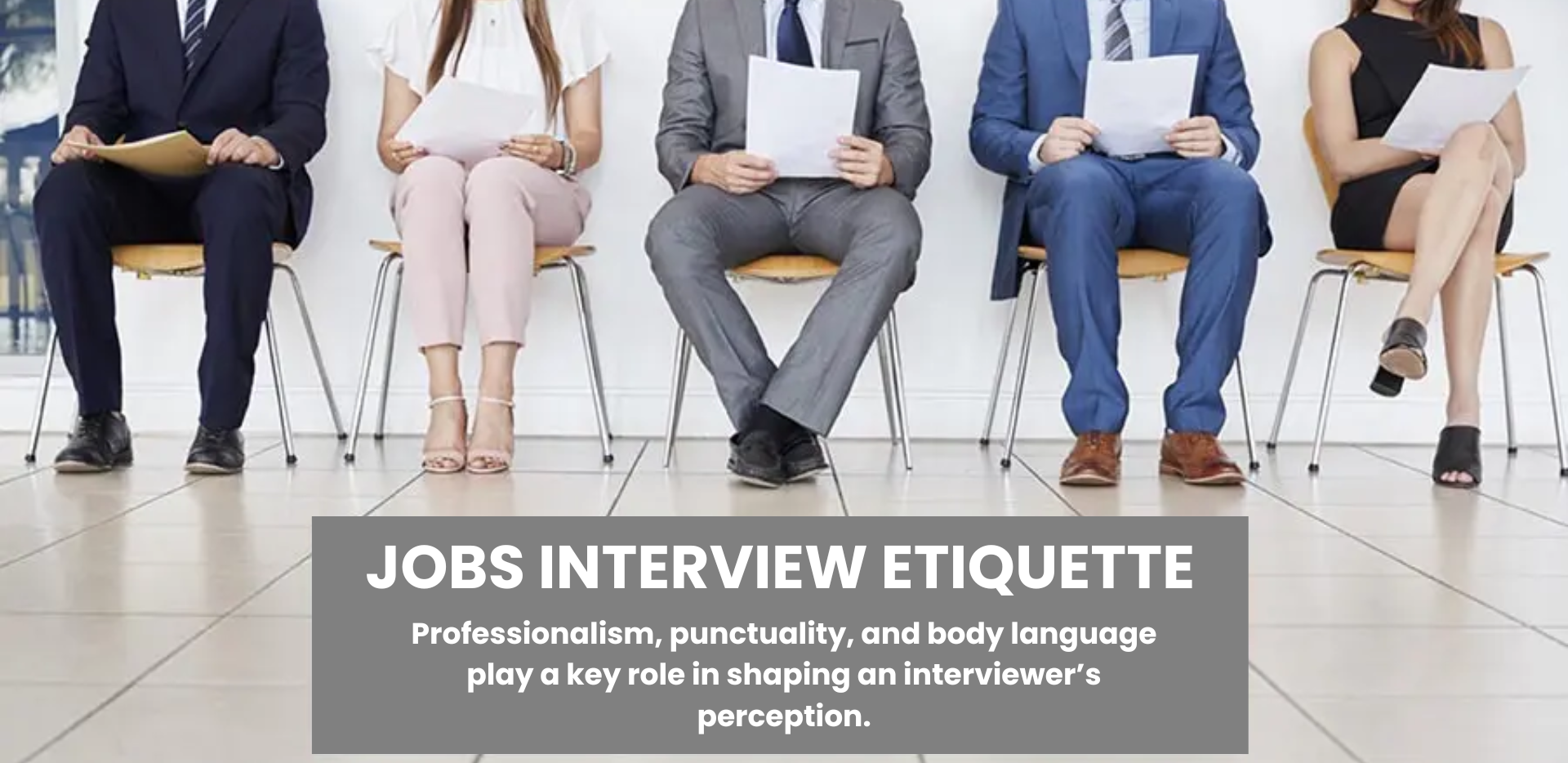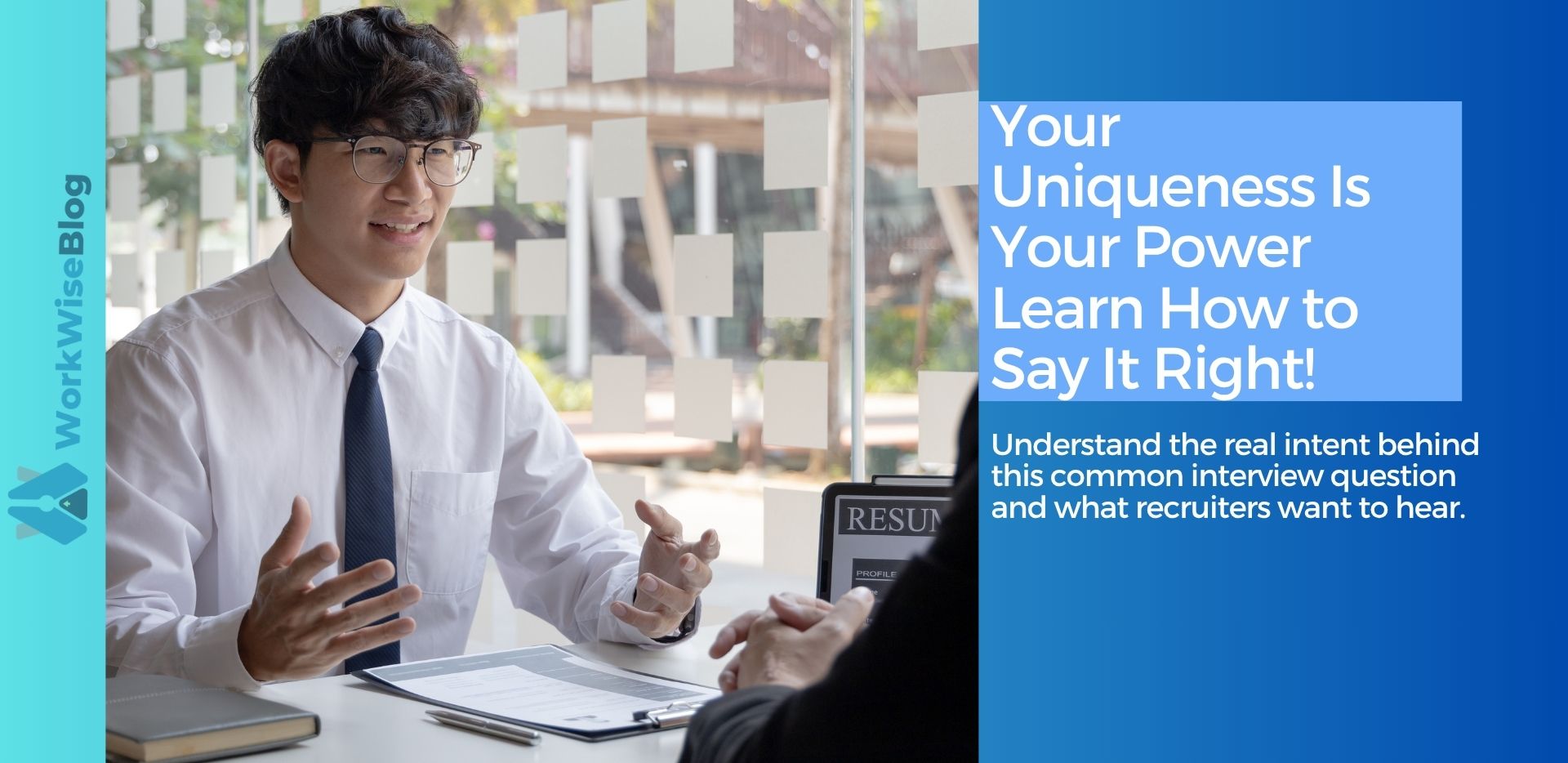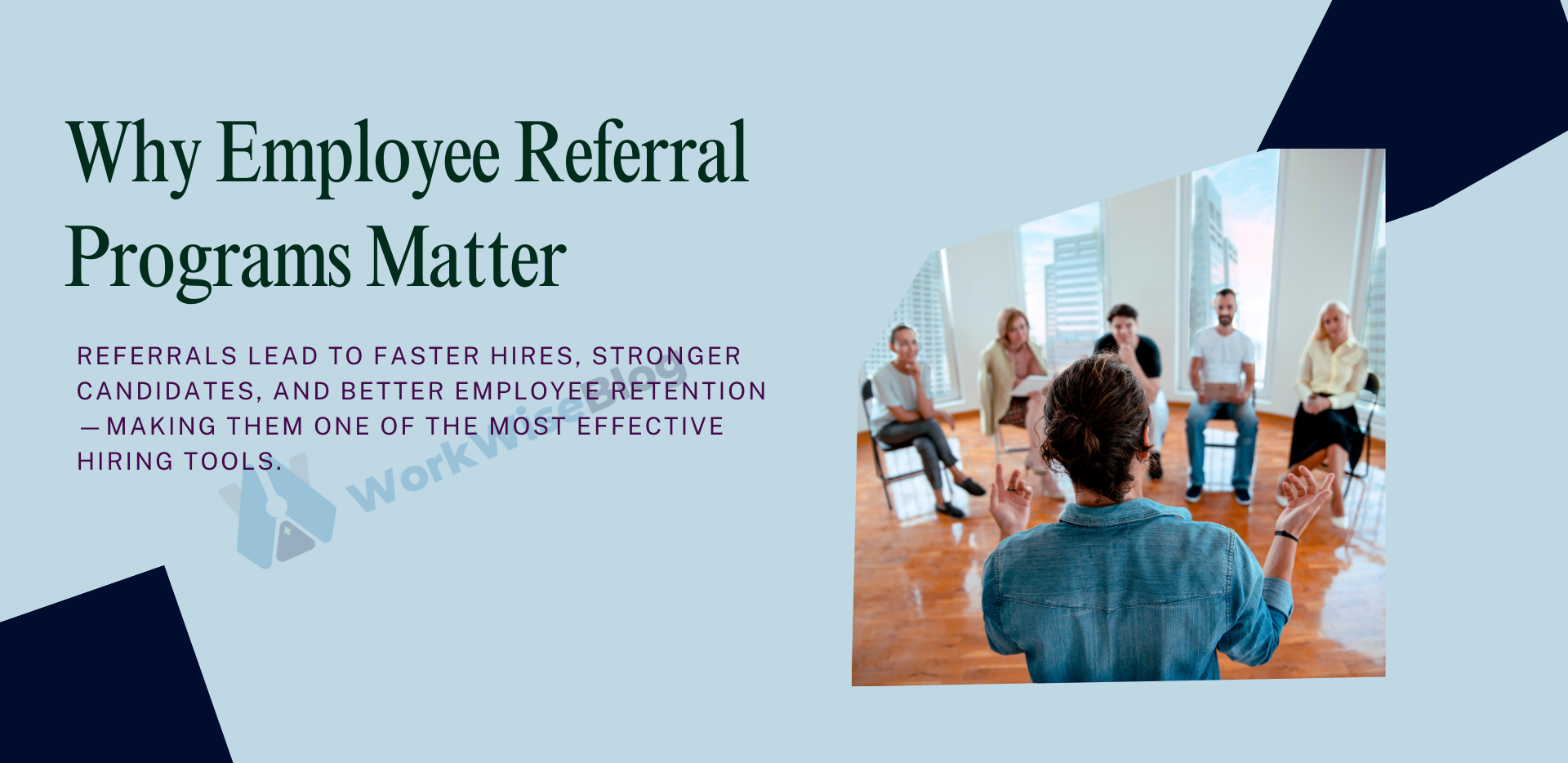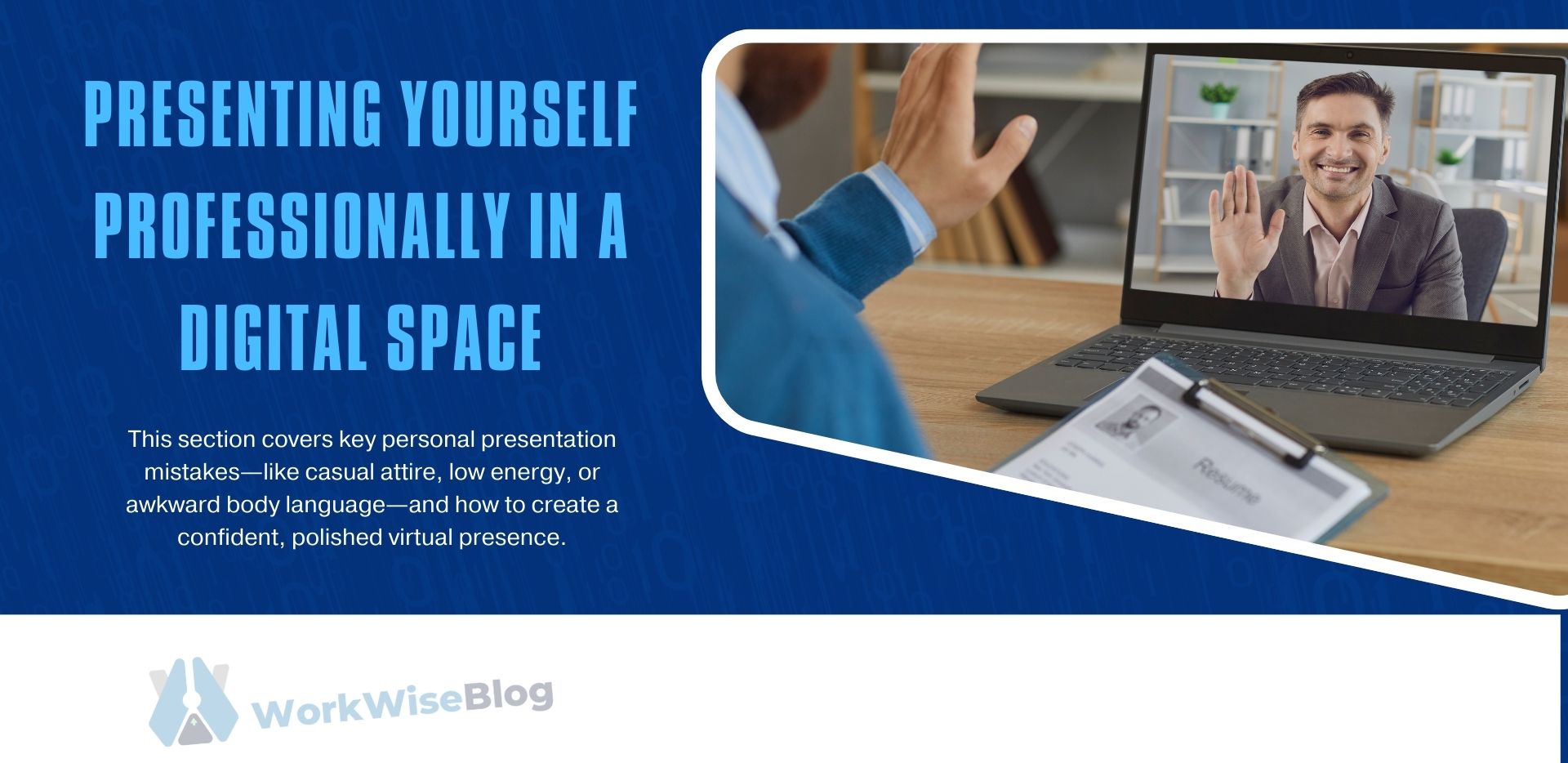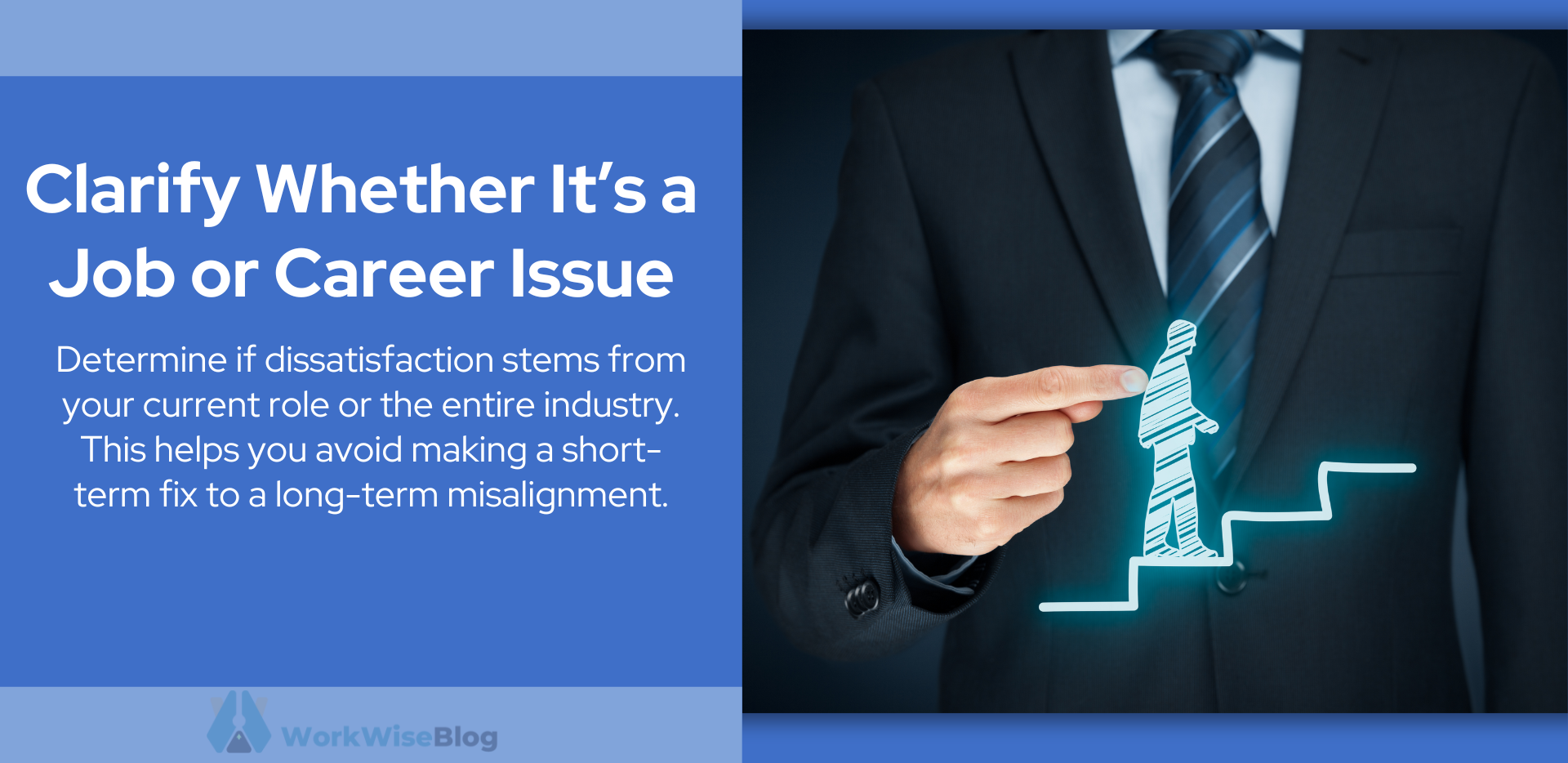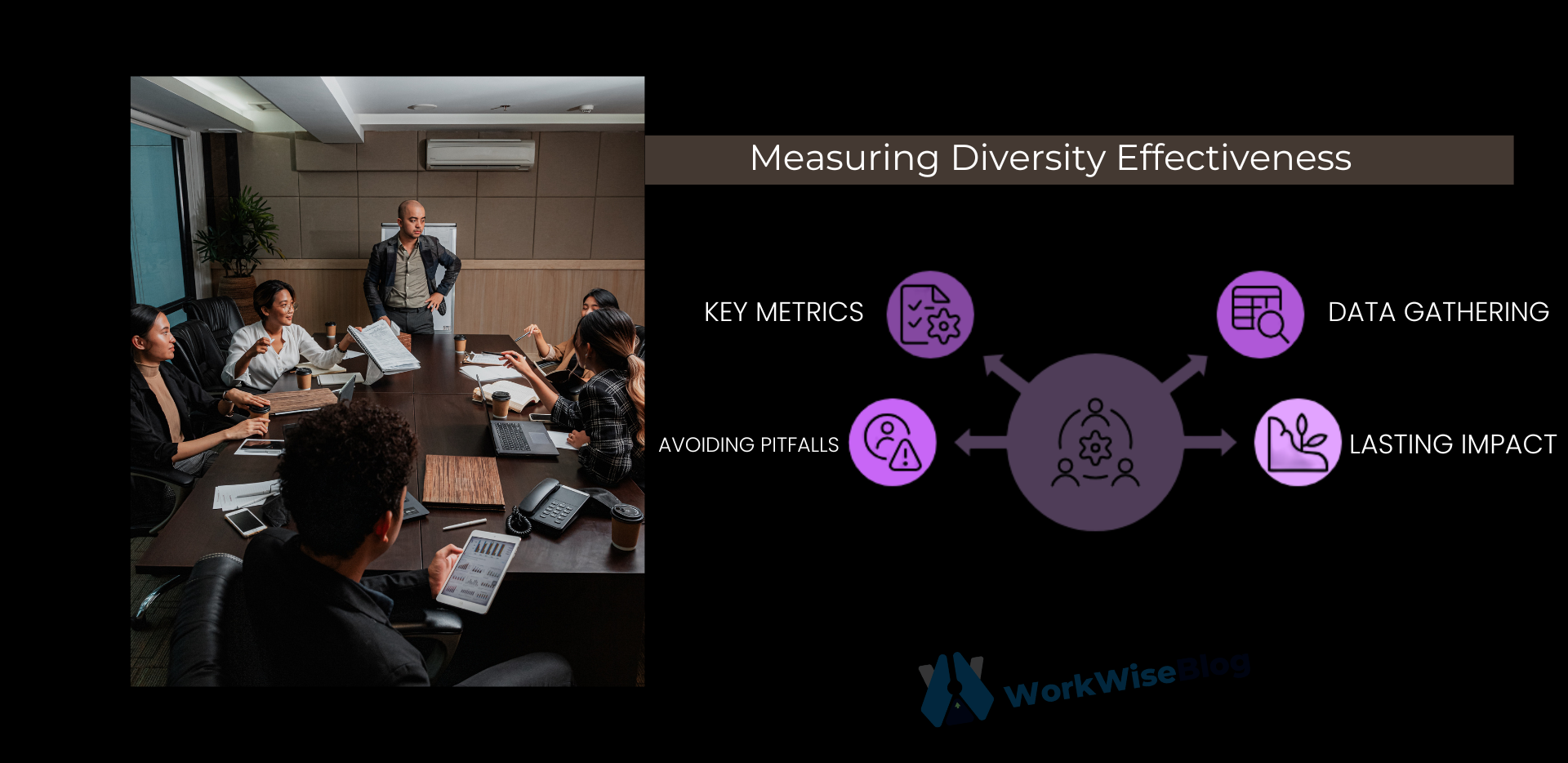
Why Employers Ask About Weaknesses
(It’s Not a Trap!)
The Hidden Agenda Behind the Question
Interviewers don’t ask about weaknesses to trick you. They want to assess:
- Self-awareness:Can you critically evaluate your growth areas?
- Problem-solving:Do you take initiative to improve?
- Cultural fit:Will you handle feedback gracefully?
Real-World Example:
A hiring manager at a tech startup shared: “When a candidate said, ‘I sometimes overthink deadlines,’ but explained how they now use time-blocking tools, we knew they were coachable.”

The 3-Step Hack to Reframe Weaknesses as Wins
Step 1: Choose a Relevant Weakness
Avoid clichés like “I’m a perfectionist.” Instead, pick a genuine growth area tied to the role.
Example:
- Bad Answer:“I work too hard.” (Too vague, sounds insincere.)
- Good Answer:“I’ve struggled with delegating tasks because I want to ensure quality. Recently, I’ve started using project management tools to trust my team more.”
Why It Works:
Shows self-awareness and proactive improvement.

Step 2: Highlight Your Progress
Employers don’t expect perfection—they want to see growth mindset.
Template:
“In the past, I [weakness]. But I’ve been working on this by [action], which has led to [positive outcome].”
Case Study:
Maria, a marketing coordinator, shared: “I used to avoid public speaking, but I joined Toastmasters and now lead client presentations.” She landed a senior role by showcasing her commitment to growth.

Step 3: Tie It to the Job
Connect your weakness to how it makes you a better fit for the role.
Example for a Project Manager Role:
“I sometimes get hyper-focused on details. But this habit helps me catch errors early, which aligns with this role’s need for risk mitigation.”
Pro Tip:
Use the job description to identify skills the employer values. If the role requires collaboration, a weakness like “I default to solo work” can segue into how you’ve improved teamwork.
3 Common Mistakes (and How to Avoid Them)
Mistake #1: Picking a Deal-Breaker Weakness
Never admit a flaw that’s critical to the job.
- Applying for a data analyst role: “I’m not great with numbers.”
- Safer option: “I’m learning to simplify complex data for non-technical stakeholders.”
Mistake #2: Over-Sharing
Keep it professional. Avoid personal or unrelatable weaknesses.
- “I have a short temper.”
- “I’m working on pausing to gather input before deciding.”
Mistake #3: No Resolution
Always end with how you’re improving. No one wants to hire someone who’s stagnant.
Weakness Reframe Worksheet
Download our cheat sheet to:
- Identify non-red-flag weaknesses for your industry.
- Craft responses using our fill-in-the-blank template.
- Practice with real-world examples (e.g., sales, engineering, healthcare).
FAQs: Addressing Reader Concerns
Q: What if my weakness is directly related to the job?
Focus on adjacent skills. For example, if you’re applying for a writing role but struggle with grammar, say: “I prioritize clarity over complexity and use tools like Grammarly to refine my work.”
Q: Should I mention a weakness I’m still working on?
Yes! Honesty builds trust. Just emphasize active steps: “I’m currently taking a course on time management to improve.”
Q: How do I stay calm when asked this question?
Practice aloud using our worksheet. The more you rehearse, the more confident you’ll sound.
Master the Art of the Interview
- Download the “Weakness Reframe Worksheet” to craft your winning answer.
- Bookmark this guide and review it before your next interview.
- Share your success story : Did this hack help you land a job? Tell us in the comments!

